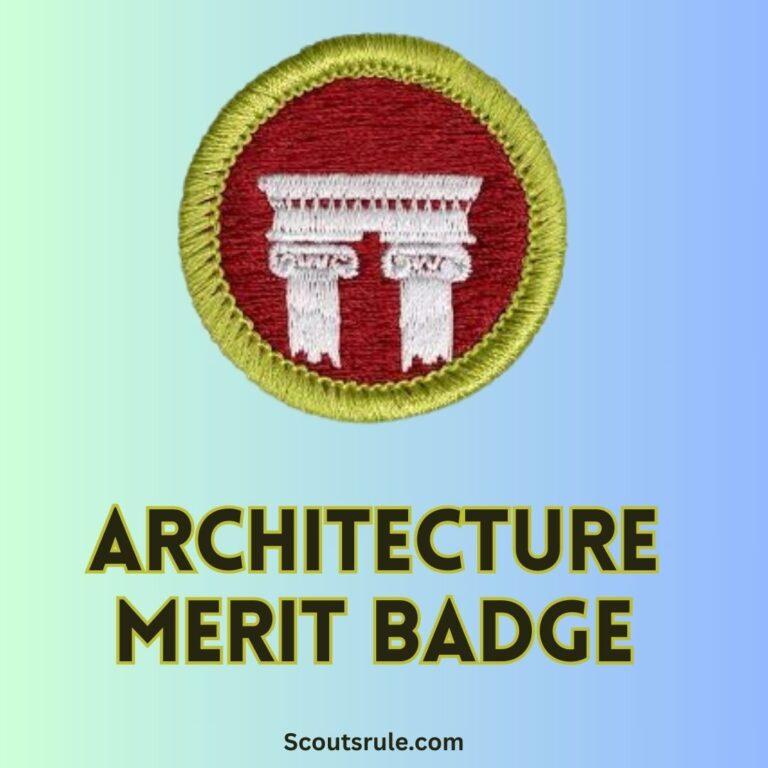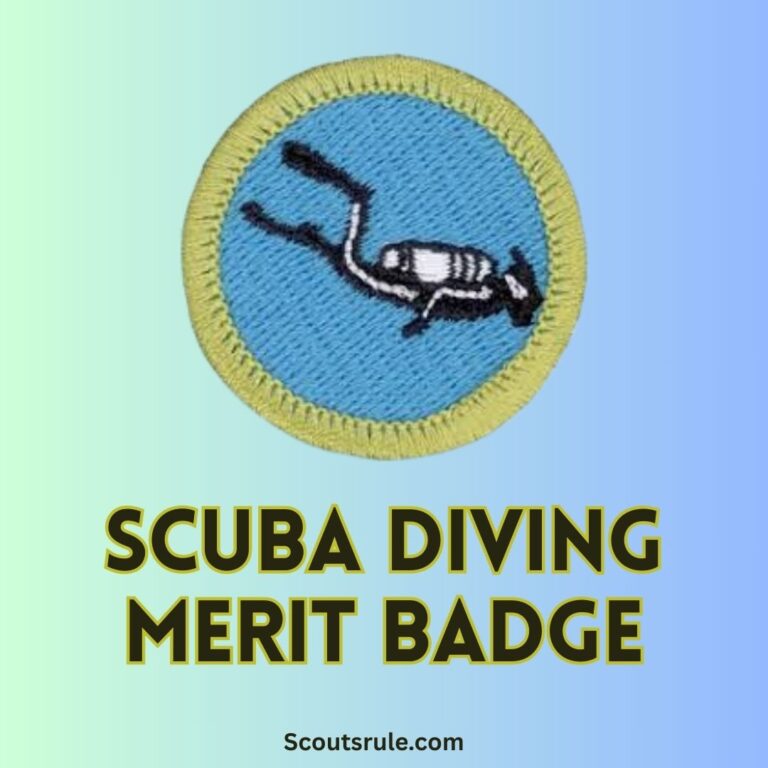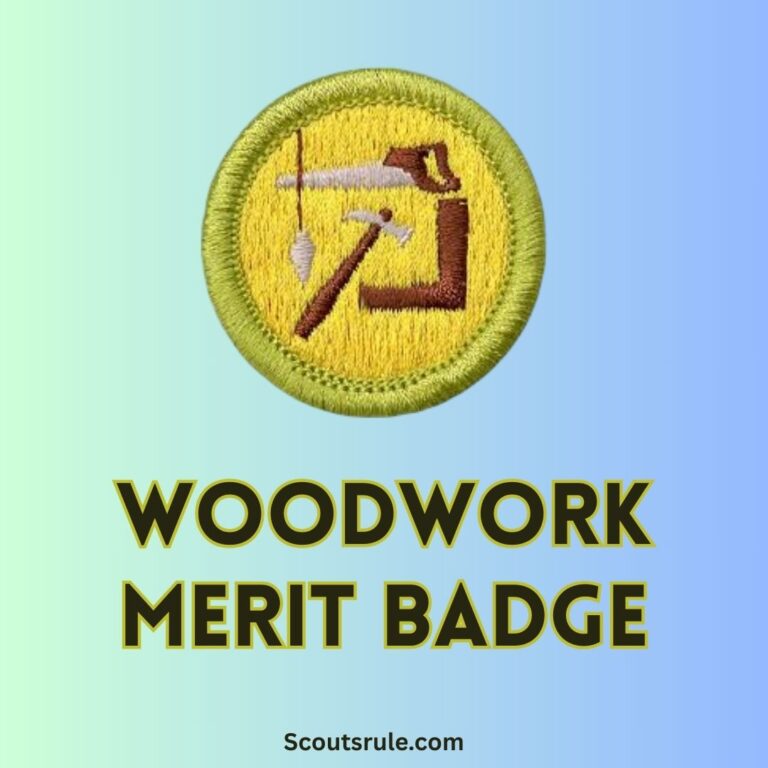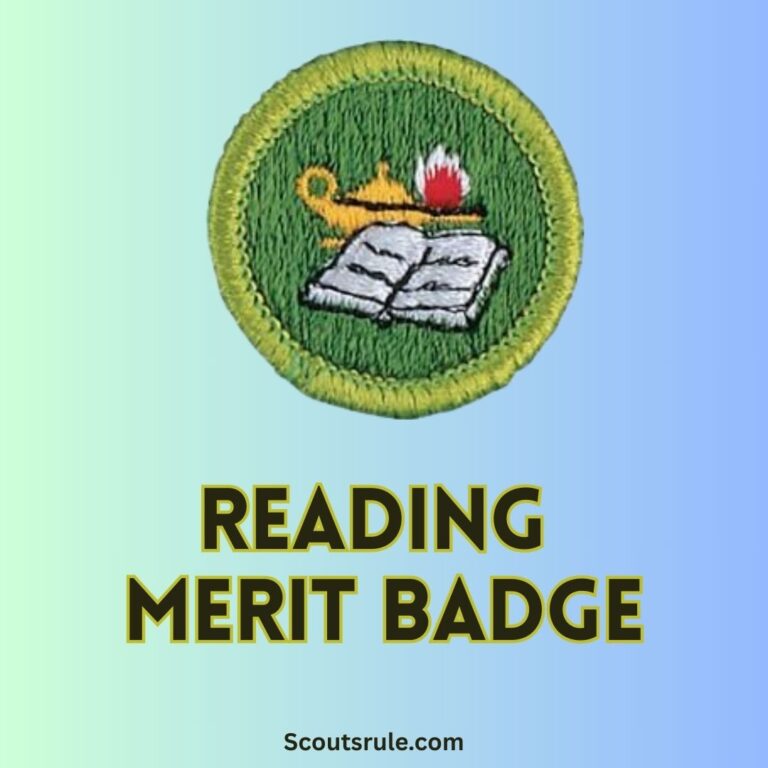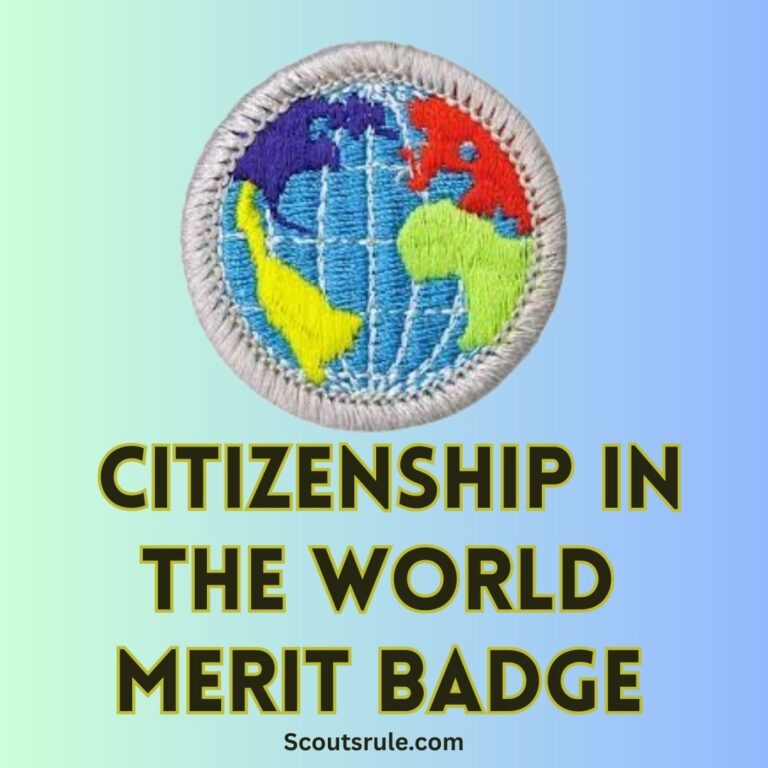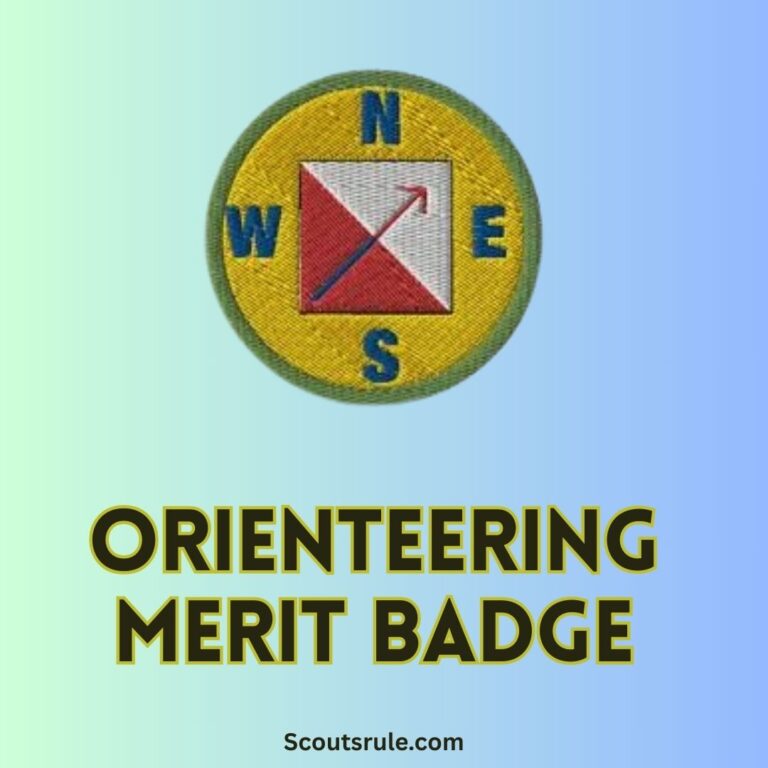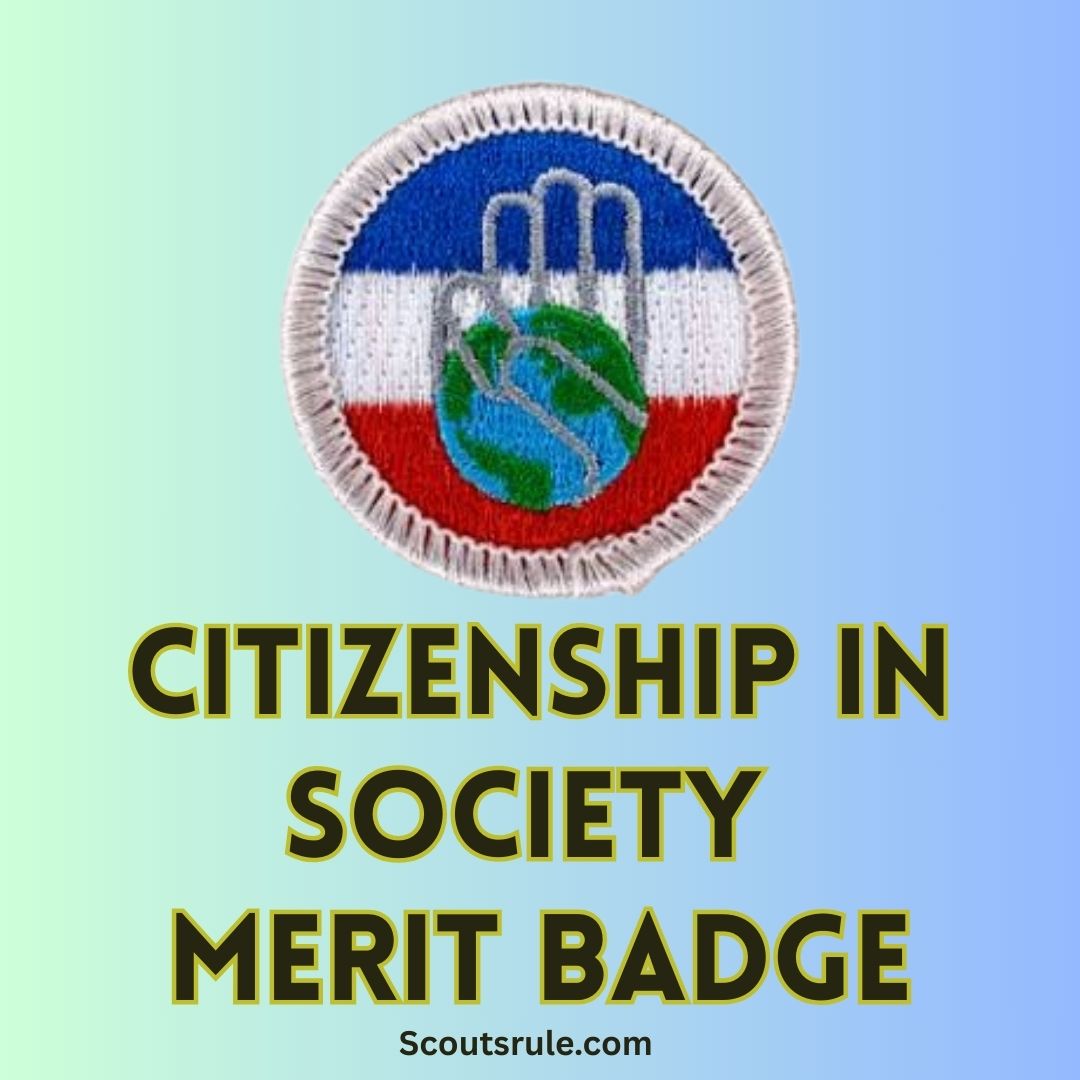
Below is a comprehensive guide to the Citizenship in Society Merit Badge, designed to help Scouts understand the importance of diversity, equity, inclusion, and ethical leadership. This badge encourages Scouts to reflect on their values, engage in meaningful discussions, and take steps to become active, responsible citizens in their communities.
Post Contents
- Citizenship in Society Merit Badge Guide
- Introduction
- 1. Understanding Key Concepts
- 2. Exploring Ethical Leadership
- 3. Learning from Positive Role Models
- 4. Engaging in Meaningful Conversations
- 5. Promoting Diversity, Equity, and Inclusion
- 6. Analyzing Scenarios
- 7. Taking Action as an Upstander
- 8. Exploring Historical and Current Events
- 9. Reflecting on Your Journey
- Tips for Success
- Frequently Asked Questions (FAQs)
- Conclusion
Citizenship in Society Merit Badge Guide
Introduction
The Citizenship in Society Merit Badge is one of the newest Eagle-required badges, introduced to help Scouts explore complex topics such as inclusion, equity, and ethical leadership. Unlike other merit badges, this badge focuses on self-reflection, critical thinking, and open dialogue. By earning this badge, Scouts will gain a deeper understanding of their role in fostering a more inclusive and equitable society.
This guide will walk you through each requirement, offering tips, examples, and insights to help you succeed. Let’s dive into the details!
1. Understanding Key Concepts
Requirement 1: Research and Explain Key Terms
- Task: Research the following terms and explain how they relate to the Scout Oath and Scout Law:
- Identities
- Inclusion
- Diversity
- Discrimination
- Equity
- Ethical Leadership
- Equality
- Upstander
Key Points to Include:
- Identities: The unique characteristics that define an individual, such as race, gender, religion, or interests.
- Inclusion: Creating an environment where everyone feels valued and respected.
- Diversity: The presence of differences within a group, including cultural, social, and personal differences.
- Discrimination: Unfair treatment of individuals based on their identities.
- Equity: Ensuring fair treatment and access to opportunities for all.
- Ethical Leadership: Leading with integrity, fairness, and respect for others.
- Equality: Treating everyone the same, regardless of their differences.
- Upstander: Someone who takes action to support others and stand against injustice.
Reflection: Discuss with your counselor how these concepts align with the principles of the Scout Oath and Scout Law. For example, being an upstander demonstrates loyalty, kindness, and bravery.
2. Exploring Ethical Leadership
Requirement 2: Define Leadership and Ethical Decision-Making
- Task: Document and discuss with your counselor what leadership means to you and what it means to make ethical decisions.
Key Points to Include:
- Leadership involves guiding and inspiring others to achieve a common goal.
- Ethical decision-making requires considering the impact of your actions on others and choosing what is fair and just.
Reflection: Think about how ethical leadership can create positive change in your community. Share examples of leaders you admire and the qualities that make them effective.
3. Learning from Positive Role Models
Requirement 3: Research a Leader Who Demonstrated Ethical Leadership
- Task: Research an individual who demonstrated ethical leadership and discuss their decisions and actions with your counselor.
Examples of Leaders:
- Historical figures like Martin Luther King Jr. or Eleanor Roosevelt.
- Community leaders such as teachers, coaches, or religious leaders.
Key Points to Discuss:
- The challenges the leader faced.
- The ethical decisions they made and their impact.
- What you learned from their example.
4. Engaging in Meaningful Conversations
Requirement 4: Connect with Someone Different from You
- Task: With your parent’s or guardian’s approval, connect with another Scout or youth who has an identity different from yours. Share what makes your identities meaningful and discuss a time you felt excluded or included.
Tips for Success:
- Approach the conversation with an open mind and respect.
- Focus on listening and understanding the other person’s perspective.
- Reflect on what you learned and how it can help you build stronger relationships.
5. Promoting Diversity, Equity, and Inclusion
Requirement 5: Interview a Community Member
- Task: Identify and interview someone in your community who has had a positive impact on promoting diversity, equity, and inclusion.
Steps:
- Choose a community member, such as a teacher, activist, or local leader.
- Prepare thoughtful questions about their experiences and challenges.
- Share what you learned with your counselor.
Reflection: Discuss how you can apply the lessons from the interview to your own actions and decisions.
6. Analyzing Scenarios
Requirement 6: Discuss Ethical Scenarios
- Task: Review and discuss scenarios provided by your counselor that involve ethical decision-making and inclusion.
Tips:
- Think critically about the choices presented in each scenario.
- Consider how the Scout Oath and Scout Law can guide your decisions.
- Share your thoughts and reasoning with your counselor.
7. Taking Action as an Upstander
Requirement 7: Reflect on Being an Upstander
- Task: Discuss with your counselor what it means to be an upstander and share examples of how you can take action to support others.
Examples of Upstander Actions:
- Standing up against bullying or discrimination.
- Supporting a friend who feels excluded.
- Advocating for fairness and inclusion in your community.
Reflection: Think about how being an upstander aligns with the values of Scouting and how you can inspire others to do the same.
8. Exploring Historical and Current Events
Requirement 8: Research Historical or Current Events
- Task: Research a historical or current event that demonstrates the importance of diversity, equity, and inclusion. Share your findings with your counselor.
Examples of Events:
- The Civil Rights Movement.
- The Women’s Suffrage Movement.
- Efforts to promote LGBTQ+ rights.
Reflection: Discuss how the event impacted society and what lessons can be applied today.
9. Reflecting on Your Journey
- Task: Reflect on what you’ve learned throughout the badge and how it has influenced your perspective on diversity, equity, and inclusion.
Tips:
- Be honest about your experiences and growth.
- Share specific examples of how you’ve applied what you’ve learned.
- Discuss your plans for continuing to promote inclusion and ethical leadership.
Tips for Success
- Be Open-Minded: Approach each requirement with a willingness to learn and grow.
- Communicate Respectfully: Listen actively and engage in thoughtful discussions.
- Do Your Research: Take the time to explore each topic thoroughly.
- Reflect Deeply: Think about how the lessons from this badge apply to your life and community.
- Work with Your Counselor: Share your thoughts and ask questions to gain deeper insights.
Frequently Asked Questions (FAQs)
Q: Why is the Citizenship in Society Merit Badge important?
A: This badge helps Scouts develop a deeper understanding of diversity, equity, and inclusion, which are essential for building stronger communities and becoming ethical leaders.
Q: How long does it take to complete this badge?
A: The time required varies depending on the depth of your research and discussions. Most Scouts complete it within 1-3 months.
Q: Can I work on this badge with a group?
A: Yes, some requirements can be completed in a group setting, but others involve personal reflection and one-on-one discussions with your counselor.
Q: What if I’m uncomfortable discussing certain topics?
A: It’s okay to feel uncertain. Share your concerns with your counselor, who can guide you through the process in a supportive and respectful way.
Q: Do I need to write essays for this badge?
A: While written reflections are not required, documenting your thoughts and research can help you organize your ideas and share them effectively with your counselor.
Q: How do I find someone to interview for Requirement 5?
A: Reach out to teachers, community leaders, or family members for recommendations. Your counselor can also help you identify potential interviewees.
Q: What if I don’t know someone with a different identity for Requirement 4?
A: Your counselor can help you connect with another Scout or youth who is willing to participate in the discussion.
Conclusion
The Citizenship in Society Merit Badge is a unique opportunity to explore important topics, reflect on your values, and take action to create a more inclusive and equitable world. By completing the requirements, you’ll gain valuable insights into ethical leadership, diversity, and the power of being an upstander. Embrace this journey as a chance to grow, learn, and make a positive impact in your community.

Hi, Robin here, A former lead Scout and here I share my inspiring stories about USA Scouts, leadership, adventure, how to guides and more.

